The Caitlin Clark Paradox: How Injuries Reshape WNBA Betting While Fan Loyalty Defies Logic
The WNBA betting landscape has become a fascinating study in human psychology, where emotional investment often trumps statistical analysis, particularly when it comes to the enigmatic relationship between Caitlin Clark’s injury-plagued sophomore season and the unwavering loyalty of bettors who continue to back her despite mounting evidence that smarter money lies elsewhere.
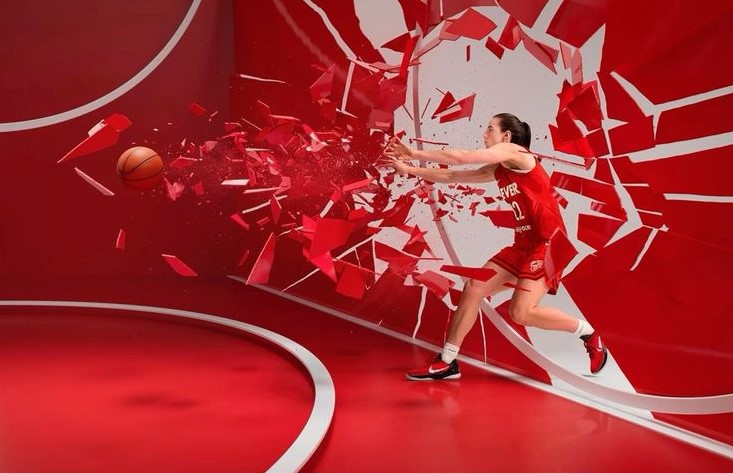
After a spectacular rookie campaign that saw Clark capture Rookie of the Year honors while simultaneously revolutionizing WNBA betting interest to unprecedented levels, her second season has been marred by a series of injuries that have fundamentally altered both her team’s trajectory and the betting markets that revolve around her magnetic presence.
The stark reality of Clark’s absence from the court has been quantified in brutal detail: ESPN reported that WNBA betting plummeted by as much as 50% during her first extended absence in May, while BetMGM documented a staggering 39% decrease in ticket volume and 32% reduction in handle for Fever games when their superstar sits on the sidelines.
Despite missing 11 games this season after not missing a single contest during her four years at Iowa or her rookie WNBA campaign, Clark’s influence on betting markets remains disproportionately powerful, creating a paradox that defies conventional wisdom about sports wagering patterns and market efficiency in professional athletics.
The most dramatic illustration of this phenomenon can be found in the MVP futures market, where Clark began the season as the overwhelming favorite with ESPN BET reporting that she attracted upward of 63% of both bets and handle for the league’s most prestigious individual award.
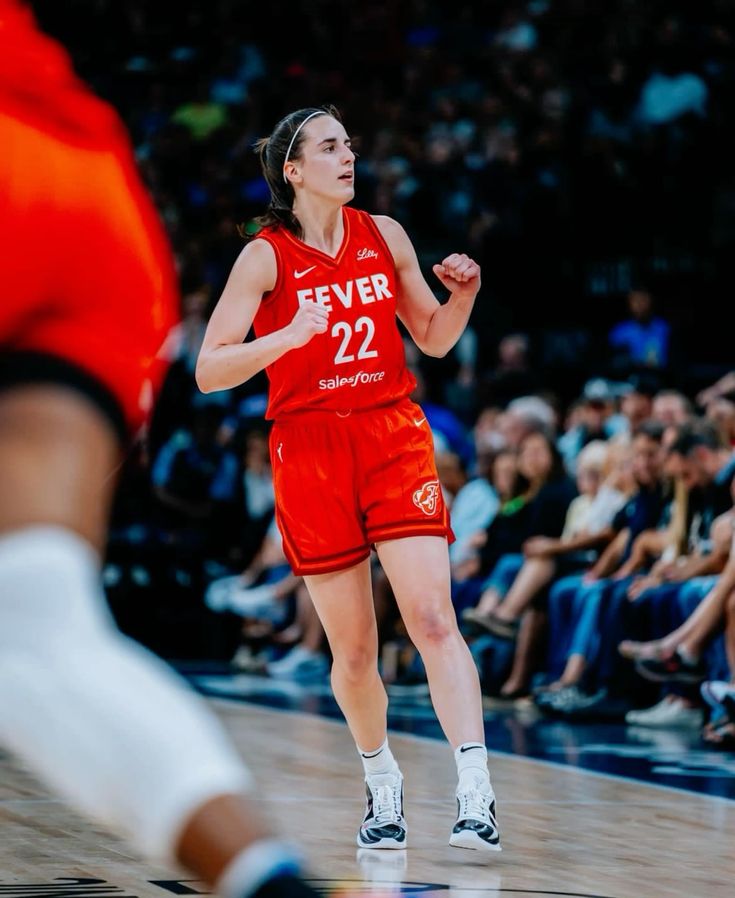
Her odds journey tells a compelling story of hope versus reality: Clark entered the season as the +200 favorite, briefly reached odds-on status at -115 as early season optimism peaked, but then consistently lengthened due to her injury struggles all the way to +3300, relegating her to fourth position on the betting board.
Meanwhile, Minnesota Lynx forward Napheesa Collier has emerged as the primary beneficiary of Clark’s misfortune, transforming from the second-most backed player with 13.7% of bets and 22.1% of handle at ESPN BET into the commanding -550 favorite after rewarding those prescient bettors who took a chance on her +300 preseason odds.
The market efficiency finally began asserting itself as DraftKings now reports Collier as its most-backed pick by wagers with 47% of the action, demonstrating how professional bettors eventually migrate toward value when sentiment-driven favorites stumble.
Alyssa Thomas has provided another compelling narrative thread in this season’s MVP race, experiencing a remarkable resurgence in her first campaign with the Phoenix Mercury that has seen her odds rocket from +4000 at season’s start to +550 after leading Phoenix to the league’s third-best record.
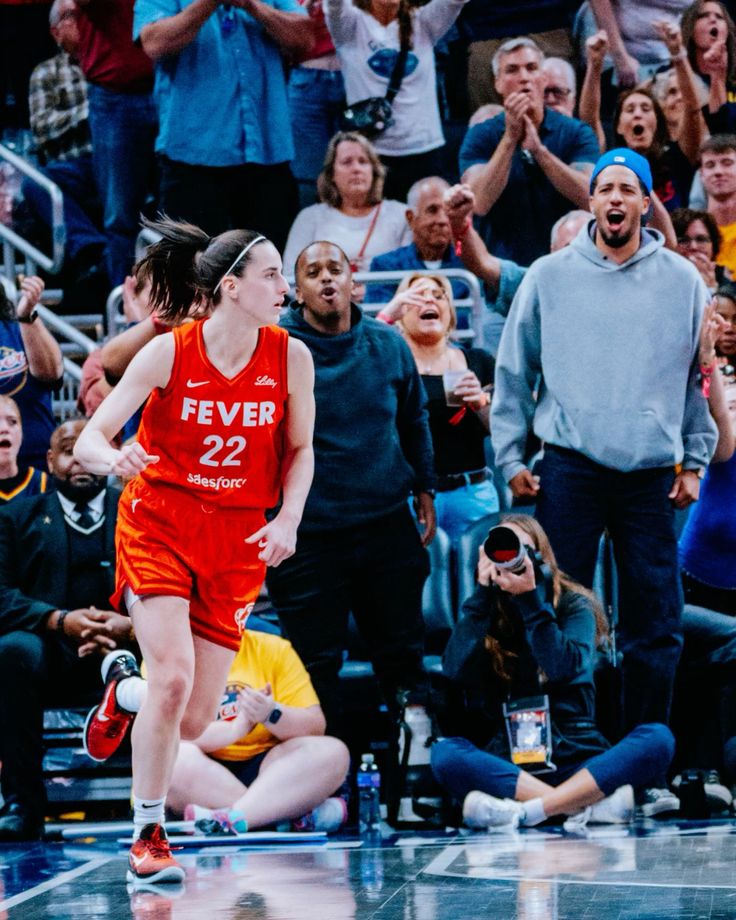
However, sportsbooks demonstrated their sophistication by quickly adjusting Thomas’s odds in response to her stellar play, making her less appealing to recreational bettors who now back her with less than 2% of the marketplace handle, while the betting public gravitates toward longer shots like Breanna Stewart at +2000 or A’ja Wilson at +5000.
Clark’s injury impact extends far beyond individual accolades into team championship futures, where the Indiana Fever’s title odds have deteriorated from an opening +350 to their current +825 position at ESPN BET, reflecting both her missed games and the team’s resulting struggles without their transcendent talent.
The most remarkable aspect of this market movement is that despite the Fever’s declining odds and Clark’s extended absences, ESPN BET reports that Indiana remains “by far, still our most bet team to win the championship,” with the book’s VP of sportsbook strategy Adam Landeka noting that bettors seem confident the team will reach the playoffs where a healthy Clark could potentially orchestrate a championship run.
This unwavering faith has created what BetMGM describes as action “so lopsided at this point, we are not concerned at this time with other teams,” illustrating how Clark’s star power transcends traditional handicapping metrics and creates betting patterns that defy rational market analysis.
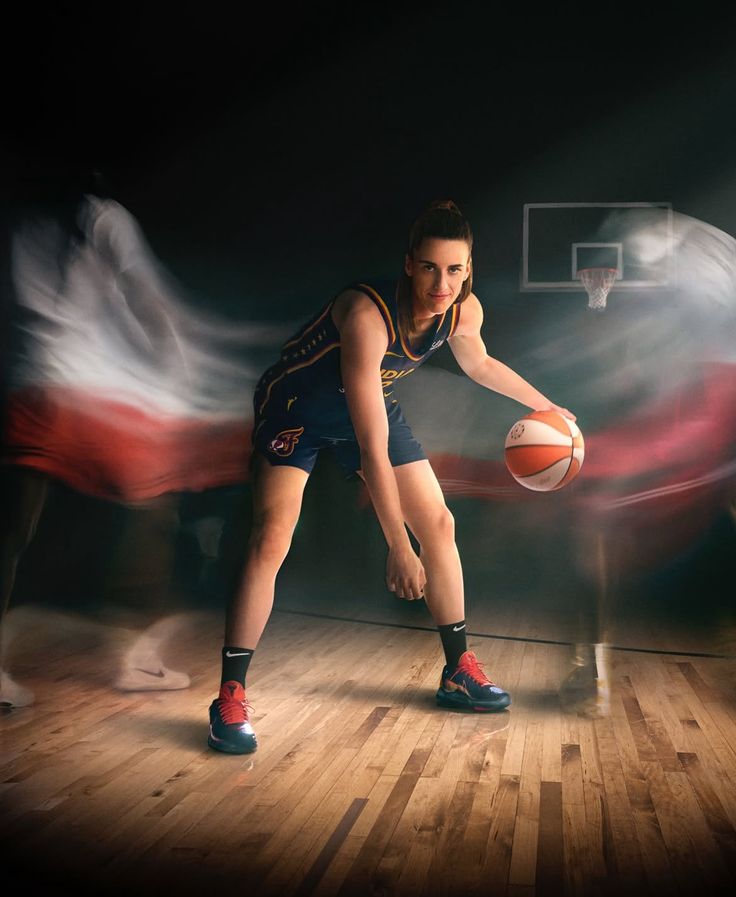
The broader WNBA betting landscape has experienced significant shifts beyond Clark’s individual impact, with teams like the Phoenix Mercury climbing from +1000 opening odds to +550 current championship prices while becoming ESPN BET’s fourth-most backed team and creating what Landeka calls “one of our bigger liabilities.”
Perhaps most surprisingly, the Golden State Valkyries have provided one of the season’s most compelling betting stories as an expansion team that has massively outperformed expectations, surpassing their 8.5 win total on June 29 and improving their playoff odds from +1300 to -140, creating significant liability for sportsbooks that underestimated their competitiveness.
The season’s underperformers have been equally dramatic, with the Las Vegas Aces falling from championship co-favorites alongside the Fever to +2500 seventh-place odds, while their bet share at ESPN BET has diluted from 11.1% to 6.5%, and their playoff odds have shifted so dramatically that the “no” option for making the postseason has moved from +1800 to +380.
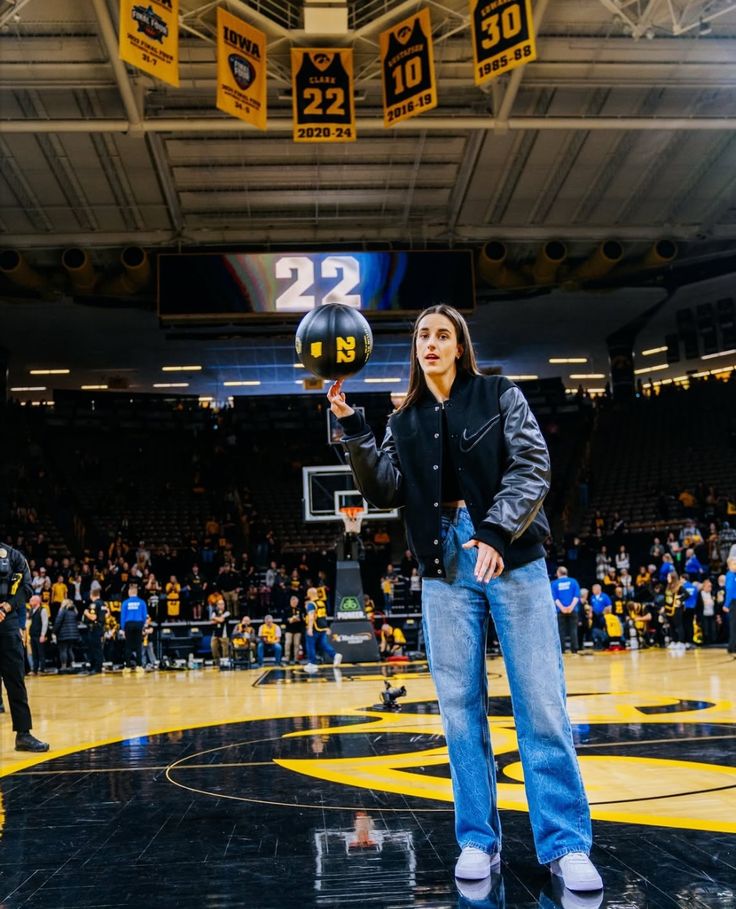
As the WNBA season approaches its climactic conclusion, the Caitlin Clark phenomenon continues to demonstrate that in sports betting, as in sports themselves, the heart often overrules the head, creating market inefficiencies that reflect our deepest human tendencies to believe in redemption narratives and the transcendent power of generational talent to overcome adversity.